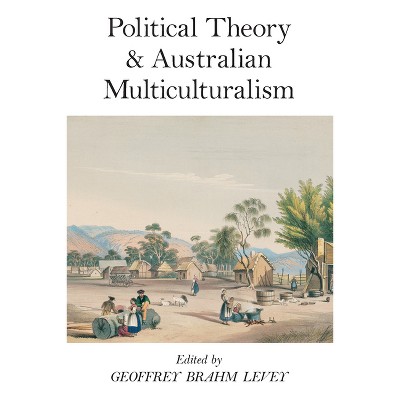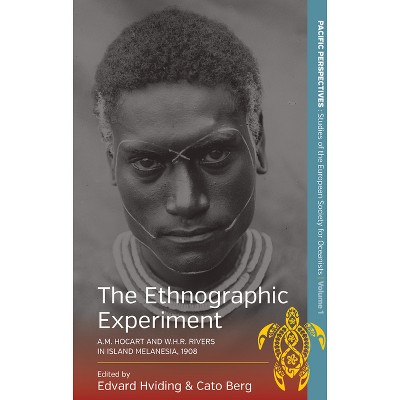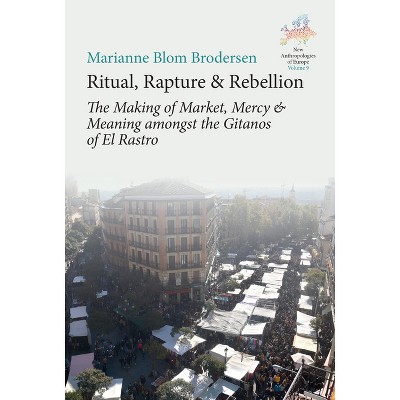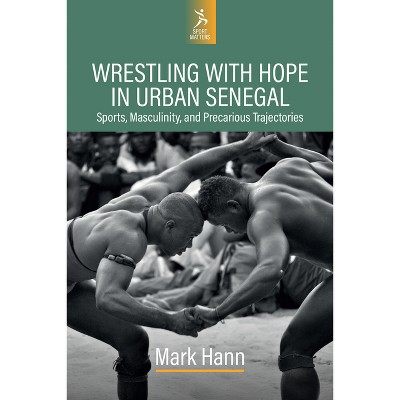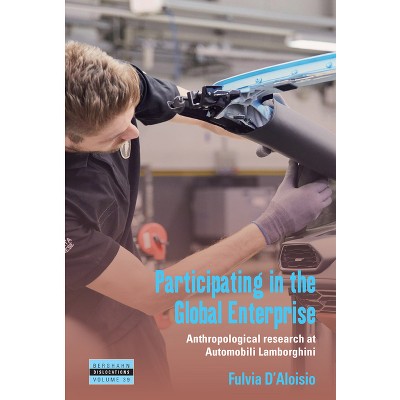Waterworlds - (Ethnography, Theory, Experiment) by Kirsten Hastrup & Frida Hastrup (Paperback)

About this item
Highlights
- In one form or another, water participates in the making and unmaking of people's lives, practices, and stories.
- Author(s): Kirsten Hastrup & Frida Hastrup
- 318 Pages
- Social Science, Anthropology
- Series Name: Ethnography, Theory, Experiment
Description
Book Synopsis
In one form or another, water participates in the making and unmaking of people's lives, practices, and stories. Contributors' detailed ethnographic work analyzes the union and mutual shaping of water and social lives. This volume discusses current ecological disturbances and engages in a world where unbounded relationalities and unsettled frames of orientation mark the lives of all, anthropologists included. Water emerges as a fluid object in more senses than one, challenging anthropologists to foreground the mutable character of their objects of study and to responsibly engage with the generative role of cultural analysis.
Review Quotes
"This collection is a rich quarry of manifold explorations of malleable, multiple, and vital waters in social and cultural life, which are always simultaneously a matter of concern for various political actions, and expressive of their own agentive capacities. Despite - or perhaps because of - the multiplicity of waters and approaches, it can be regarded as an asset to have these contributions combined in one book." - Anthropos
"...anthropology is not a newcomer to the study of water as an object and agent of social organization and cultural imagining, and the current volume introduces the reader to a good deal of this literature. But it also makes an original contribution by assembling a quantity of ethnographic cases and applying the anthropological perspective to issues of knowledge, management, and morality. The collected ethnographies illustrate, to quote Lévi-Strauss, that water is not only good to drink but good to think." - Anthropology Review Database
"A superb book, the chapters provide a wide range of approaches, from excellent descriptive ethnography to hard-hitting critiques of development practice. Water's qualities provide a common theme and inspire groundbreaking theory." - Marc Brightman, University College London






